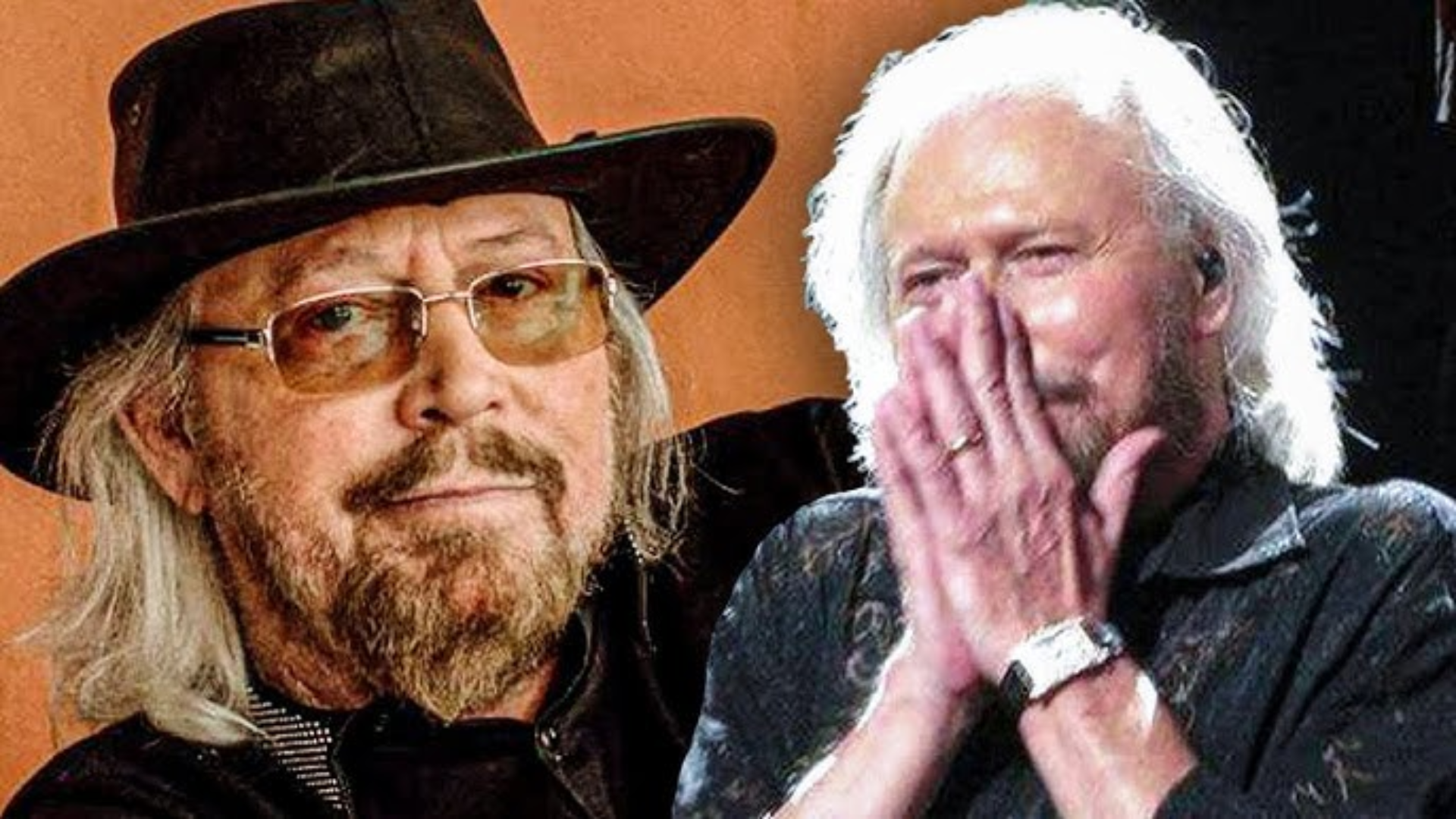
Some songs feel like they live in two worlds at once — the quiet shadow of loneliness and the radiant light of love’s return. “Lonely Days” is exactly that. Written in the aftermath of the Bee Gees’ brief breakup, it’s both a confession and a celebration, a musical bridge between separation and reunion.

It begins softly, almost like a sigh. The piano chords are slow, deliberate, marking time the way long, empty days do. Barry Gibb’s voice enters low and tender, carrying that feeling of looking out the window on a gray morning. “Good morning, mister sunshine, you brighten up my day…” — it sounds like a greeting to joy after too long apart, tinged with the fragility of someone afraid it might vanish again.
Then, the change comes. Without warning, the tempo lifts, the harmonies swell, and the song bursts into life:
“Lonely days, lonely nights — where would I be without my woman?”
Here, Barry, Robin, and Maurice sing as if they’ve just been reunited, as if the loneliness has cracked open to let the light back in. It’s pure joy — exuberant, even — and the contrast to the verse is what makes it so powerful. You feel the before and after, the ache and the relief, all within a few minutes.
Musically, “Lonely Days” is deceptively simple, but emotionally it’s layered. The verses linger in solitude; the choruses dance in gratitude. This push and pull mirrors real life — moments of deep isolation interrupted by flashes of love that remind you why you endure.
For the Bee Gees, this wasn’t just a song. It was a turning point. The breakup was over, the brothers were together again, and the music reflected that renewed bond. In Barry’s voice, you can hear not only the romantic love in the lyrics, but also the brotherhood that had been tested and mended.
Let this song find you when the silence feels heavy, when you need to be reminded that loneliness isn’t forever. Let it lift you in its joyful bursts, and let it comfort you in its softer moments.
Because “Lonely Days” doesn’t just sing about being alone.
It sings about the joy of finding your way back.